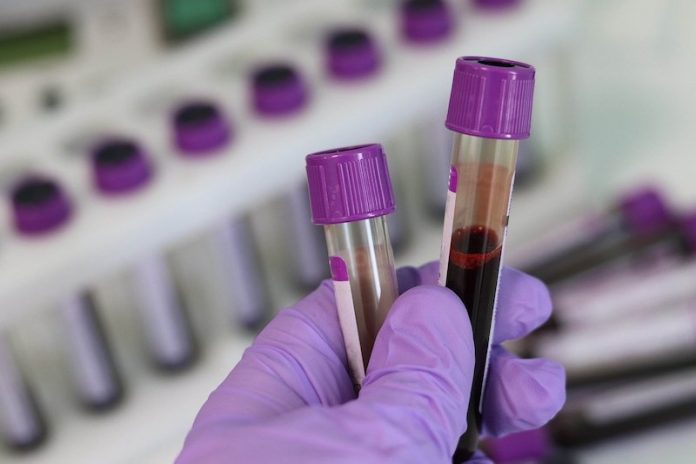
Chronically high cholesterol levels are known to be linked to increased risks of breast cancer and worse outcomes in most cancers, but the link has not been fully understood.
In a new study from the Duke Cancer Institute, researchers found the mechanisms at work, describing how breast cancer cells use cholesterol to develop tolerance to stress, making them impervious to death as they migrate from the original tumor site.
Most cancer cells die as they try to metastasize—it’s a very stressful process. The few that don’t die have this ability to overcome the cell’s stress-induced death mechanism.
The finding showed that cholesterol was integral in fueling this ability.
The team built on earlier research in their lab focusing on the link between high cholesterol and estrogen-positive breast and gynecological cancers.
Those studies found that cancers fueled by the estrogen hormone benefitted from derivatives of cholesterol that act like estrogen, stoking cancer growth.
But a paradox emerged for estrogen-negative breast cancers. These cancers are not dependent on estrogens, but high cholesterol is still associated with worse disease, suggesting a different mechanism might be at work.
In the current study using cancer cell lines and mouse models, the researchers found that migrating cancer cells gobble cholesterol in response to stress. Most die.
But in the what-doesn’t-kill-you-makes-you-stronger motif, those that live emerge with a super-power that makes them able to withstand ferroptosis, a natural process in which cells succumb to stress.
These stress-impervious cancer cells then proliferate and readily metastasize.
The team found the process appears to be used not only by ER-negative breast cancer cells, but other types of tumors, including melanoma. And the mechanisms identified could be targeted by therapies.
They say unraveling this pathway has highlighted new approaches that may be useful for the treatment of advanced disease.
Importantly, these findings yet again highlight why lowering cholesterol—either using drugs or by dietary modification—is a good idea for better health.
If you care about cancer, please read studies about this drug for inflammation could help stop cancer metastasis and findings of common drug for diabetes, alcoholism may help treat cancer.
For more information about cancer and your health, please see recent studies about these 3 things linked to higher colon cancer risk and results showing that this new vaccine may protect against pancreatic cancer.
The study is published in Nature Communications. One author of the study is Donald P. McDonnell, Ph.D.
Copyright © 2021 Knowridge Science Report. All rights reserved.



